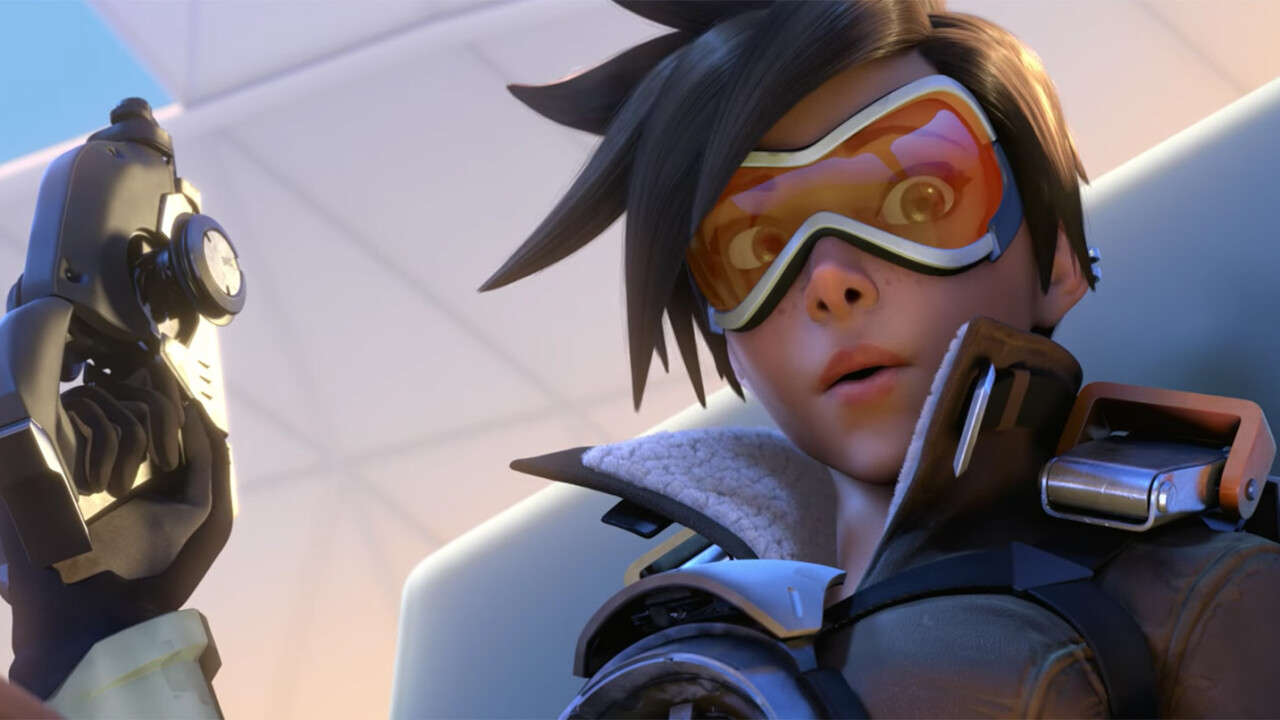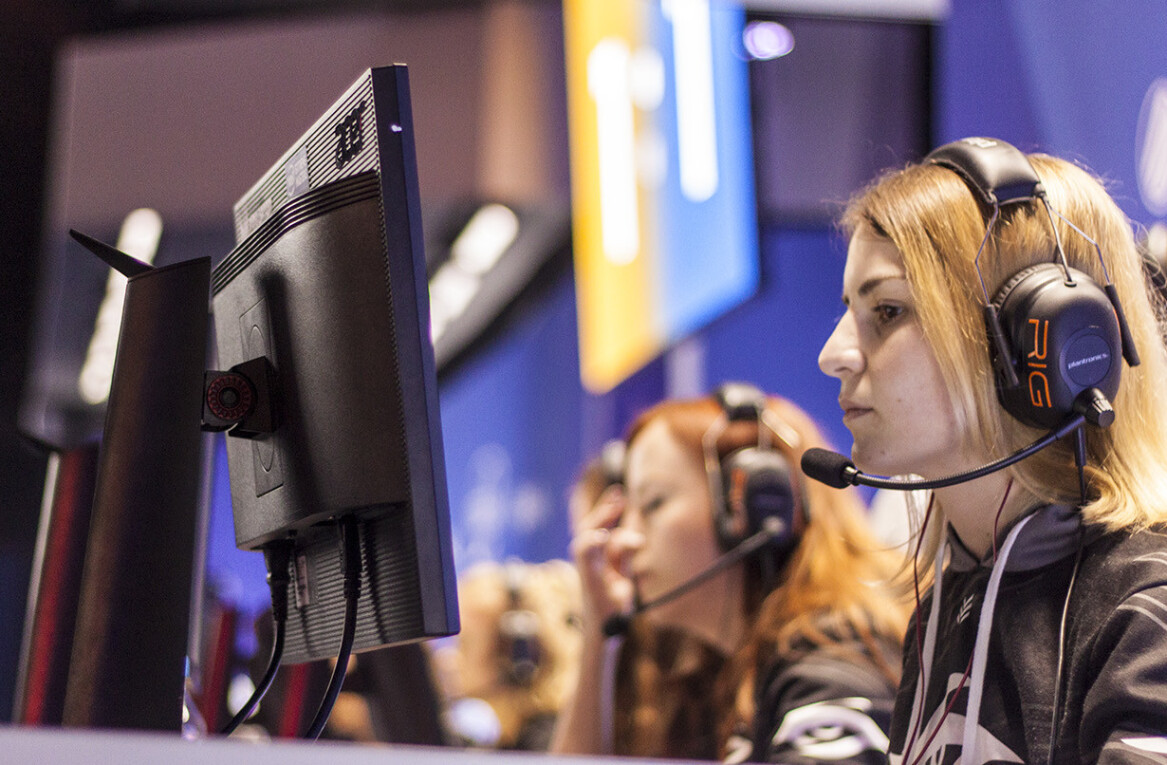
The future of esports is looking particularly bright these days. Not only are live events drawing record crowds, but millennial are putting them on even grounds with more traditional sports in terms of what they plan to watch on a given evening. There’s even talk among officials with the Olympic Committee to see if esports is a viable candidate for inclusion in future Olympic games.
One of the most recent, major events to draw the eye of both fans and curious onlookers was the Overwatch League finals. Airing on ESPN, it was both an event and an experiment with bringing competitive gaming to an audience that hadn’t yet experienced it — Wired called it a potential “crossover moment.”
I had the opportunity to speak with Jon Spector, the Director of Franchises and Competition with the Overwatch League, about the future of esports and whether it has a place in the Olympics.
The Overwatch League, the finale especially, was a really big hit, so my congratulations. What was the final attendee count, both in person and on livestream?
Jon: In person, Barclays Center was sold out, which… north of 10,000 fans a day in the setup that we had. It was pretty incredible. I’ve been to a lot of events there and I’ve never seen that level of energy in the building. We were super happy about that. From a live viewership perspective, we just released recently it was around 11 million unique viewers over the course of the event worldwide.
And it was also broadcast on ESPN and the Disney Channel, wasn’t it? [Note: Disney XD is what I meant.]
Jon: Yeah. Friday night of the finals was on ESPN-1, the flagship, which marks the first time that an esports event has ever been on ESPN’s flagship channel in primetime. That was a pretty exciting milestone. For me, certainly, all of my friends and family seeing it on ESPN at seven pm on a Friday was really special.
So that was a major coup for you, I take it?
Jon: I wouldn’t call it a coup. (laughs) We’ve been talking with ESPN and Disney about Overwatch League for a while now, and they’ve been really excited about the potential as well. As we were working through with them on a scheduling perspective, when everything fell into place where it made sense for Friday night of the finals to be on ESPN-1, obviously everyone involved was really happy about that.
I would say the Overwatch League was one of the first major esports shows I’ve seen that was so much like an “ordinary” sporting event. There was the energy, the spotlights, the blow-by blows. Do you think that will become common at all levels of esports, that sport-like atmosphere?
Jon: There’s obviously a lot that each of the esports properties can learn from each other. We certainly feel really good about what we did with finals, and expect there are things other esports as they continue to grow can learn from the event for sure. I think, having sat through all the preparation, it was a massive endeavour on our part. We pulled in expertise from all over our organization. Barclays Center was a fantastic partner to us on it and really spent a lot of time and energy with us to make sure the show was as well-done as possible. A lot of work went into it, and I don’t think it’s the sort of thing where you can flip a switch and magically you’ve got a sold-out, high-energy arena with a great show. But that’s the path that works for us, and I wouldn’t be surprised to see other esports efforts look to do similar things.
As somebody who’s on the inside looking out, do you think esports has ascended that niche of being “just people playing video games?”
Jon: One of the things we think is really special about Overwatch League, there’s more than 40 million people around the world who play Overwatch, and there’s just north of 100 — I think 120 players who have made it to the top of the world to compete in Overwatch League. You’ve got the same ingredients you have with any sport. I grew up playing Little League baseball and wanting to be Derek Jeter. I think you’ve got the same sort of phenomenon now where millions of people who love Overwatch and want to see who’s the best in the world and learn from them and aspire to that. Our feeling has been, if you look at the fandom we’ve built up and the passion of the fans, even a league that’s been around for one season … it’s been really energizing and exciting for us. There’s clearly so much skill and teamwork and coordination and hard work and preparation that goes into this. These players have done an incredible job, and we’re really proud of what they’ve accomplished.
The International Olympics Committee met to discuss the possibility of esports collaboration. They said one of the things that would keep esports out of the Olympics is that there’s no organization that represents esports globally. Do you think that’ll ever change?
Jon: We’ve obviously been really excited about the conversations with the IOC and others around the possibility of bringing esports to the Olympics in future. It seems to make a lot of sense. There’s a lot of appetite from fans, and a lot of esports — and Overwatch in particular — is a really global game. I think it potentially fits really well with that model. As far as a governing body goes, I’m not gonna try to speak for all of the other folks in our ecosystem about that. We feel on our side of things that, if you look at the way this works for traditional sports, you have a governing body for soccer, and one for basketball, and hockey. I think lumping all those esports together and saying “This is one thing” potentially misses some of the nuance. Overwatch is a specific esport versus… Counter-Strike looks very different or Dota looks really different or Hearthstone looks really different. My own point of view is it makes sense to think of esports as individual, specific games as opposed to lumping them all together and saying “This is one thing.”
Is that something you, as a pro esports organizer, aspire to — the Olympics? Or is esports in general content to stay as it is, with its own competitions?
Jon: Personally, I think it would be really cool. We’re about to start our Overwatch World Cup again this year — that kicks off this coming weekend. Our fans love the drama and excitement of rooting for their favorite country. “Hey, how is the US gonna do this year?” We had a great underdog story last year with Japan doing surprisingly well on the World Cup. That format seems to be really engaging and fun. The players like it. The fans love it. I do think there’s a real opportunity for things like that.
Sports exist as games first, but at the highest level, it’s less about the game and more about what the player or athlete is capable of. What do you think esports champs bring? What’s there version of a gymnastics flip or a shot put?
Jon: You mean in terms of testing specific skills?
Well, here’s an example. I’m a Genji main, so look at the best Genji player in the world. What is a demonstration of their skill? What is their version of a killer gymnastics twist?
Jon: I think you’ll see some of that with our all-star weekend in a couple of weeks where the Saturday is more about those types of skill contests. [Note: This is the event Jon is referring to.] One of the things I think has been really cool about this season has been the extent to which … consistently one of the themes has been that teamwork and great communication matter perhaps more than anything else. It’s been the best teams that have been successful. Even if you have the best player in the world on your team in Overwatch, that’s not enough to win a match. You play some Overwatch, so you have a sense of when you go into a comp game with a new team, working together — seeing the coordination in the next level of what these player can do. Even as you headed into the middle of the Overwatch League season, you started to see things like perfectly-timed ultimate combos, where split-seconds matter. I’m a horrible Overwatch player myself. I can only dream of that level of coordination and teamwork.
What do you see the Overwatch League specifically, and esports generally, looking like in the future?
Jon: We’re one season old now, so there’s a ton we can do as we continue to grow. We’ll be adding new cities, which is exciting for fans around the world who’ll have a home team. I think the big focus for us, moving forward, is going to be bringing esports into that sort of home-and-away format where, when you have a match between Shanghai and Seoul, they’re playing it for thousands of fans in Shanghaii. Or the New York-Boston rivalry takes place in Boston or in New York instead of out here in LA. That’s going to be a huge focus for us in the next couple of years, helping to make that transition and creating a live event experience. We feel good about what the broadcast looks like and if you tune in on ESPN or Disney, we’ve honed that experience. Now one of the areas we’re really going to turn our attention to — and Finals was a great launch point for this — is what that great live experience looks like, where thousands of fans come out and support their local home team.
It’s worth noting that, for the moment, the Overwatch teams aren’t tied to cities by geographic location or players’ national background, but by who owns the team. For example, Robert Kraft, the same person who owns the New England Patriots, owns the Boston Uprising Overwatch team. The Overwatch League’s city-based competition is relatively new, with most esports competitions divided up into teams.
Get the TNW newsletter
Get the most important tech news in your inbox each week.




